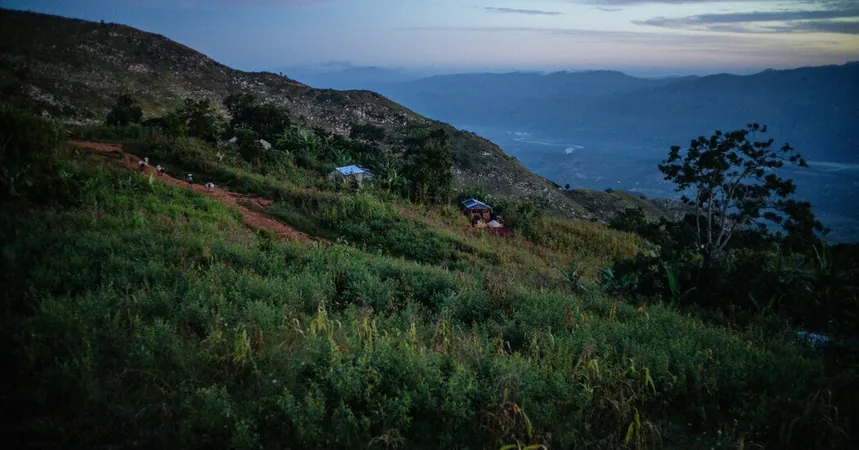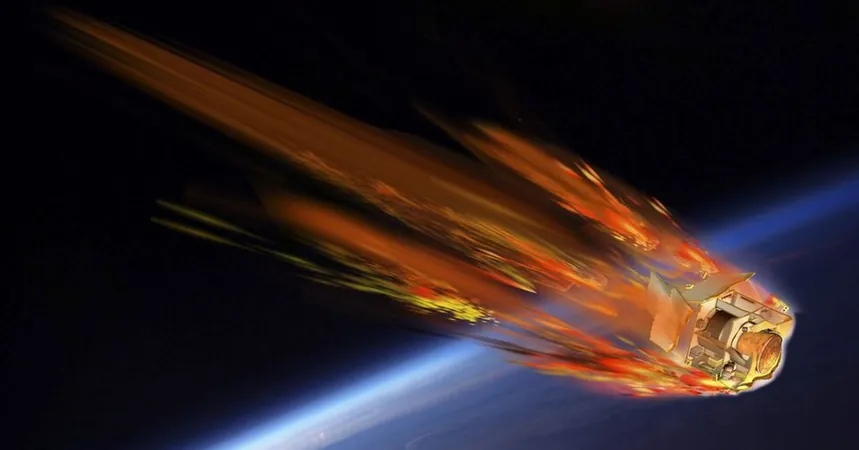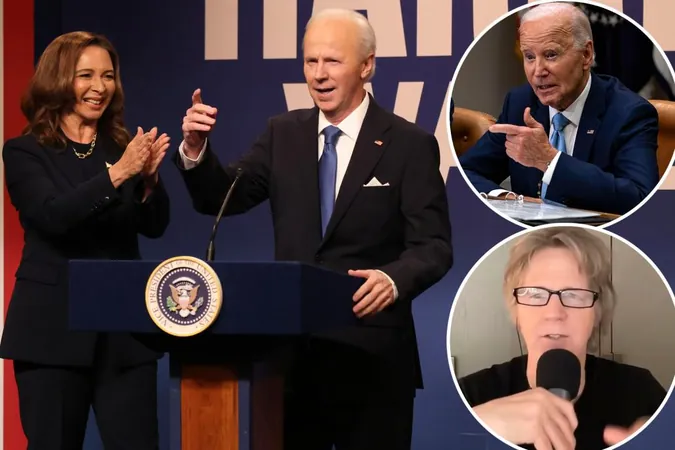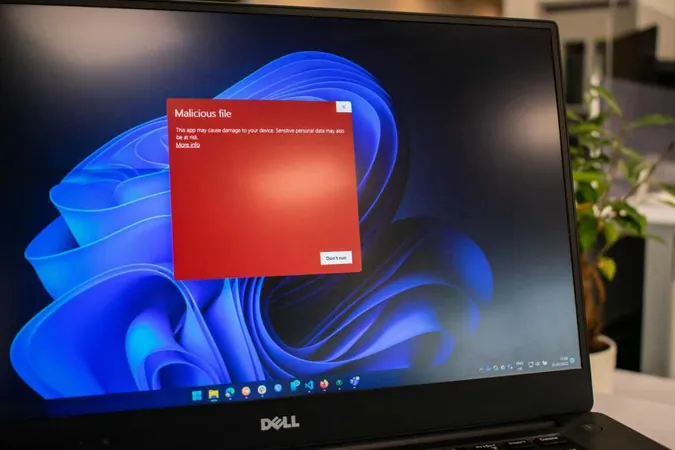
Brutal Gang Attack Claims 70 Lives in Haiti: Is This the Worst Mass Killing in Years?
2024-10-04
Brutal Gang Attack Claims 70 Lives in Haiti
In a shocking turn of events, a gang armed with automatic weapons launched a terrifying assault on the small town of Pont-Sondé in central Haiti around 3 a.m. on Thursday, leaving at least 70 people dead, including women and infants. The incident, described as a massacre by the U.N. Human Rights Office, exposed the dire security situation in Haiti, where violence has reached alarming levels.
Eyewitness accounts reveal that the gang, identified as Gran Grif, not only executed people as they fled their burning homes but also set ablaze properties and vehicles—45 houses and 34 vehicles were reported destroyed. The discussion surrounding the death toll continues, with many concerned that the number could rise as multiple victims remain seriously injured and unaccounted for.
Among the deceased were three newborns, and 24 bodies were discovered in a nearby ravine, highlighting the indiscriminate nature of the violence. Human rights activists have criticized the slow response from authorities, stating that rumors of an impending attack had been circulating for weeks in the community without any preventative measures being taken.
This atrocity occurred just days after the U.S. and the U.N. sanctioned Gran Grif's leader, indicating that the gang has become increasingly brazen amidst political and social unrest in Haiti. The gang appears to have targeted civilians suspected of siding with a local self-defense group called "The Jean Denis Coalition," which has formed in response to the lack of adequate police protection against escalating gang violence.
In the aftermath of the attack, hundreds of survivors, including vulnerable groups such as pregnant women and children, fled to safety in Saint-Marc’s town square. Revulsion and fear permeate the atmosphere, as refugees recount their horrifying experiences. Gessika Thomas, a representative from UNICEF, emphasized the psychological toll on children who were left terrified and exhausted by the violence.
This massacre stands as one of the worst killings in recent history, potentially eclipsing the notorious La Saline massacre in 2018, which took the lives of 71 individuals. Experts caution that the relentless expansion of gang influence—characterized by extortion and kidnappings—is devastating communities throughout Haiti.
International forces deployed to combat gang violence in Haiti have faced massive challenges. The Multinational Security Support mission, backed primarily by the U.S. and staffed largely by Kenyan troops, consists of only a fraction of the planned personnel, hampering efforts to restore order. The absence of any significant presence in areas like Saint-Marc has left local populations to fend for themselves.
Haitian Prime Minister Garry Conille condemned the attack during a press conference, calling it an "unacceptable" act of violence against innocent civilians. He urged for a coordinated response to this alarming crisis as the government attempts to mobilize additional medical resources for victims seeking treatment.
Haiti's ongoing turmoil is exacerbated by a severe humanitarian crisis, leaving many families without adequate shelter or access to essential services such as healthcare. Further compounding this dire situation is the fact that approximately 700,000 people remain displaced since the assassination of President Jovenel Moïse more than three years ago, navigating life in makeshift camps or the homes of relatives.
Experts warn that if the international community does not take urgent action, the situation may worsen, with widespread hunger and insecurity plaguing the country. The leader of Gran Grif, Luckson Elan, remains a significant threat, having recently been sanctioned for his role in perpetuating violence and human rights abuses.
As Haiti grapples with this tragic chapter in its history, the world watches closely, questioning whether decisive action will finally be taken to address the rampant violence plaguing this Caribbean nation. Will we see any concrete steps to restore peace and protect innocent lives, or will the cycle of violence continue unabated?



 Brasil (PT)
Brasil (PT)
 Canada (EN)
Canada (EN)
 Chile (ES)
Chile (ES)
 España (ES)
España (ES)
 France (FR)
France (FR)
 Hong Kong (EN)
Hong Kong (EN)
 Italia (IT)
Italia (IT)
 日本 (JA)
日本 (JA)
 Magyarország (HU)
Magyarország (HU)
 Norge (NO)
Norge (NO)
 Polska (PL)
Polska (PL)
 Schweiz (DE)
Schweiz (DE)
 Singapore (EN)
Singapore (EN)
 Sverige (SV)
Sverige (SV)
 Suomi (FI)
Suomi (FI)
 Türkiye (TR)
Türkiye (TR)